MOLECULAR MEDICINE
IL PROGETTO DI RICERCA, redatto in lingua inglese, deve essere caricato entro la scadenza del bando.
The goal of the PhD in Molecular Medicine is to train researchers able to conceive and execute "cutting edge" research projects aimed at understanding the molecular mechanisms of human diseases and capable of converting their research results into intervention perspectives for the development of new diagnostic, therapeutic, or theranostic aids, in line with the most modern personalized and precision medicine. The high technological content of the courses and laboratories of the PhD in Molecular Medicine also guarantee the training of qualified personnel for the advanced translational biotechnology and biomedical industry. The educational project is divided into three curricula: 1) Molecular Medicine 2) Molecular Pathology and Physiopathology 3) Endocrine-Metabolic Pathophysiology PhD students participate in theoretical courses, theoretical-practical courses and seminars in interdisciplinary fields. Each PhD student will be entrusted with a research project to be carried out at one of the laboratories associated with the PhD program. Annually, PhD students will be evaluated through the preparation of a written draft and the discussion of a presentation with members of the Committee and the scientific staff. If appropriate, PhD students can complete their training in a foreign laboratory. The course will end with the presentation of the results gathered in the three years in the form of a written thesis, discussed in a seminar open to the public. Specific training objectives concern the following areas: 1) Genetic diseases and genome analysis techniques, with particular reference to hereditary cancer syndromes; 2) Signal transduction pathways and biochemical methods of analysis; 3) Modifications of gene expression in pathological conditions and methods for studying gene expression; 4) Modifications of the proteome, post-translation modifications and protein-protein interactions, stability and degradation in physiological and pathological conditions and related methods; 5) Tumor-host interactions, inflammation and immunity in neoplastic development and progression, therapeutic implications; nucleic acid sensors in immune-inflammatory responses to infections and cancer; 6) bioinformatics and biostatistic analyses applied to oncology; 7) Endocrine and metabolic pathologies, aberrations of cellular and bioenergetic metabolism associated with human disease and related methods of investigation; 8) Genetic, molecular and pathophysiological heterogeneity of autoimmune diabetes; 9) Development and analysis of cell models, organoid and 3D cultures; 10) Development and analysis of animal models; genome editing methodologies (i.e. CrispR / Cas9); 11) Development and use of vectors and methods for gene transfer, gene therapy approaches, also based on RNA. 12) Prognostic and predictive genetic profiles of efficacy for target therapies, liquid biopsy (cells, nucleic acids and circulating vesicles), with particular reference to cancer.
Giorno: 19/9/2022 Ora: 14:00 Aula: da definire Indirizzo: da definire
a) FISIOPATOLOGIA ENDOCRINO-METABOLICA b) PATOLOGIA E FISIOPATOLOGIA MOLECOLARE
Giuseppe GIANNINI (giuseppe.giannini@uniroma1.it)
EMAIL: dottorato.medicinamolecolare@uniroma1.it. Tel. Number: 0649255123; PhD Link: https://phd.uniroma1.it/web/MEDICINA-MOLECOLARE_nD3521_IT.aspx


